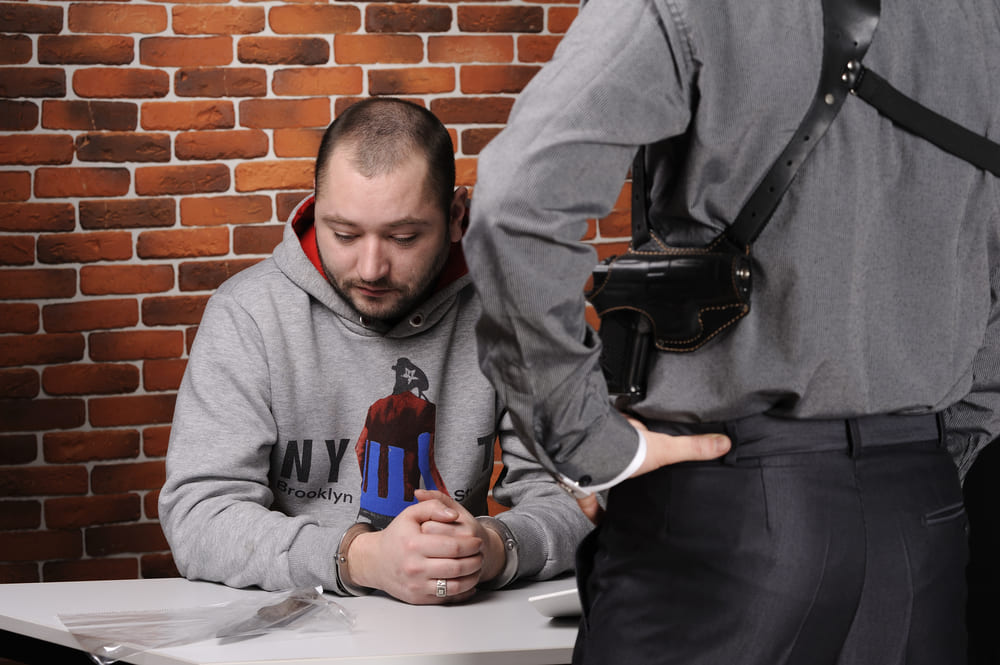
Why Would the Police Want to Question You?
Although you may never have given the question much thought, the answer is that there are numerous legitimate reasons why the police might want to question you. The manner in which you ultimate handle the situation will depend, to some extent, on the reason behind the questioning. The most common reasons include the police believing:
- You are a suspect.
- You might lead them to a suspect.
- You are a witness.
- You are a victim.
One of the most important things to remember when it comes to police questioning is that your “status” with them can change rapidly. They might tell you that they believe you might have information that could lead them to a suspect; however, by the end of the conversation, you are the suspect. You might even start out as a potential witness and quickly move up to a suspect, depending on what the police hear from you.
What Are Your Rights If the Police Ask to Question You?
Anytime you encounter the police it is a good idea to remember and understand your rights given the situation. As you have probably heard numerous times before, you have a right to remain silent. This right stems from the right against self-incrimination found in the 5th Amendment to the U.S. Constitution which reads as follows:
No person shall be held to answer for a capital, or otherwise infamous crime, unless on a presentment or indictment of a Grand Jury, except in cases arising in the land or naval forces, or in the Militia, when in actual service in time of War or public danger; nor shall any person be subject for the same offence to be twice put in jeopardy of life or limb; nor shall be compelled in any criminal case to be a witness against himself, nor be deprived of life, liberty, or property, without due process of law; nor shall private property be taken for public use, without just compensation.
Beyond providing a law enforcement officer with your identity, you do not have to talk to the police and you certainly do not have to answer questions.
Won’t I Look Guilty If I Refuse to Cooperate?
This is a common concern, the fear that refusing to answer questions posed by law enforcement officers will make a person appear guilty. The truth is that it does, sometimes, cause a police officer to believe you have something to hide; however, in the big picture, it is worth taking that risk to protect unintentionally incriminating yourself. How could that happen, particularly if you did not commit a crime? Unfortunately, it is fairly easy. Simply confirming (unbeknownst) to you that you were in the vicinity of the crime, that you knew someone already identified as being involved in the crime, or that you have some other tenuous relationship to the crime could be enough to move you to the top of the suspect list. Moreover, you run the risk of the law enforcement officer “tweaking” your responses to fit what they need for s suspect, and later for a conviction.
Always Consult with a Murfreesboro Criminal Defense Attorney before Talking to the Police
The bottom line is that if you find yourself in a situation where the police “just want to ask you a few questions,” you need to politely, but firmly, tell them you need to consult with your attorney before talking to them. Do not worry about any conclusions they may draw from your reluctance to speak to them. Instead, remember that you are protecting yourself from becoming a suspect or, even worse, being convicted of a crime.
Contact a Murfreesboro Criminal Defense Attorney
If the police wish to question you, it is in your best interest to consult with an experienced Murfreesboro criminal defense attorney immediately to ensure that your rights are protected. Contact the team today by calling 615-898-1560 to schedule your appointment.
- Elder Financial Exploitation: How to Protect Seniors - April 12, 2024
- How to Obtain Guardianship of a Minor in Tennessee - April 2, 2024
- Why You Don’t Want to Leave Behind an Intestate Estate in Tennessee - March 28, 2024



